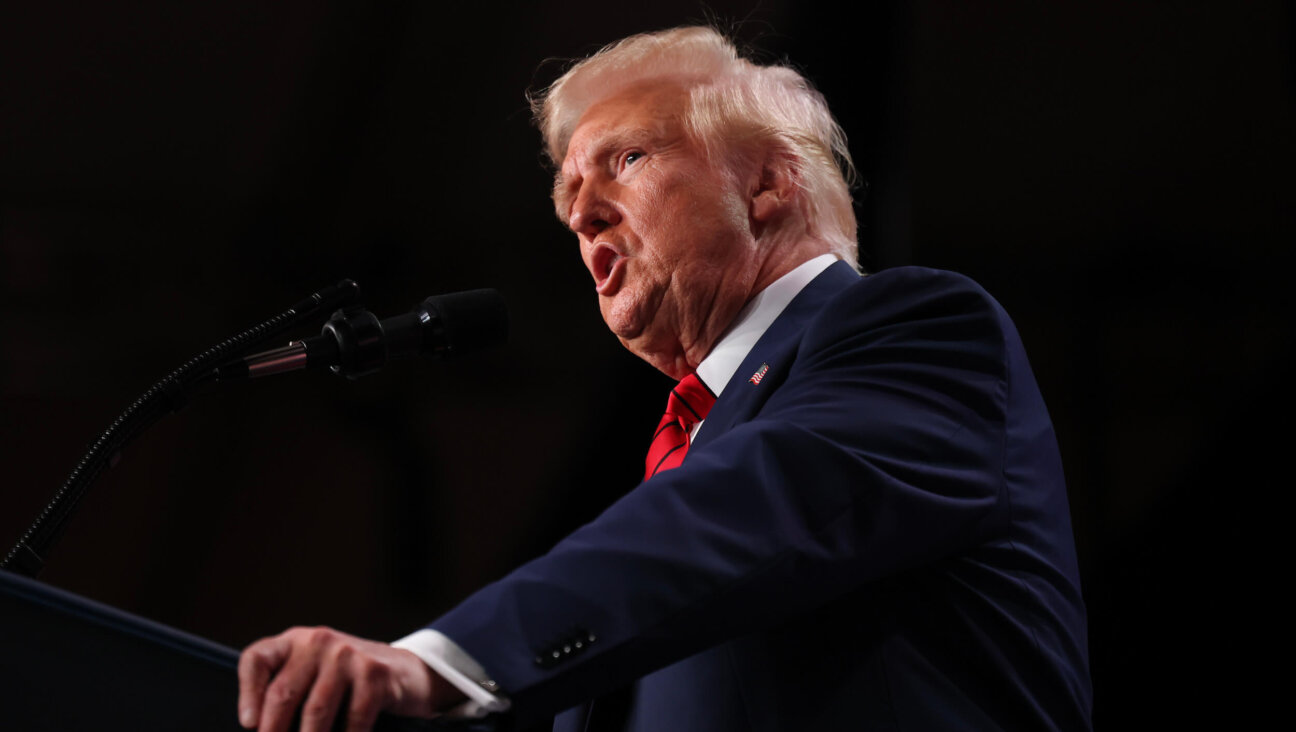Solving The Chinese Puzzle
Last year, the United States ran a trade deficit of $232 billion with China. The Congress of the United States is enraged and wants China to open up its market to products “made in America.”
The first question to be asked is just how it has happened that China has such a huge trade surplus with the United States. The answer is painfully apparent. It was — and is — due to the policy of American corporations that closed their factories in the U.S. to get their work done in China where there was an inexhaustible supply of very cheap labor.
The finished products were made for sale in America. Hence, the huge U.S. trade deficit with China.
In short, the prime responsibility for the huge trade deficits with China was, and is, in the first instance, the policies of American companies.
What can be done about this?
To begin with, China has promised that it will expand its purchases of U.S. products by $30 billion this year. Just how this will be accomplished has not been spelled out. But one way would be for the Chinese to produce more than originally planned for the American market and to sell that surplus in China and remit the income to the U.S.
The U.S. Secretary of the Treasury, Henry M. Paulson Jr., according to The New York Times, proposes to make more room for U.S, passengers and cargo, granting U.S. financial services access to Chinese customers and clearing way for the sale of energy technologies to China.
In short, the mess in China created by the “outsourcing” practices of American corporations is not likely to be cleared up easily. Solving The Chinese Puzzle
Last year, the United States ran a trade deficit of $232 billion with China. The Congress of the United States is enraged and wants China to open up its market to products “made in America.”
The first question to be asked is just how it has happened that China has such a huge trade surplus with the United States. The answer is painfully apparent. It was — and is — due to the policy of American corporations that closed their factories in the U.S. to get their work done in China where there was an inexhaustible supply of very cheap labor.
The finished products were made for sale in America. Hence, the huge U.S. trade deficit with China.
In short, the prime responsibility for the huge trade deficits with China was, and is, in the first instance, the policies of American companies.
What can be done about this?
To begin with, China has promised that it will expand its purchases of U.S. products by $30 billion this year. Just how this will be accomplished has not been spelled out. But one way would be for the Chinese to produce more than originally planned for the American market and to sell that surplus in China and remit the income to the U.S.
The U.S. Secretary of the Treasury, Henry M. Paulson Jr., according to The New York Times, proposes to make more room for U.S, passengers and cargo, granting U.S. financial services access to Chinese customers and clearing way for the sale of energy technologies to China.
In short, the mess in China created by the “outsourcing” practices of American corporations is not likely to be cleared up easily.
A message from our Publisher & CEO Rachel Fishman Feddersen

I hope you appreciated this article. Before you go, I’d like to ask you to please support the Forward’s award-winning, nonprofit journalism so that we can be prepared for whatever news 2025 brings.
At a time when other newsrooms are closing or cutting back, the Forward has removed its paywall and invested additional resources to report on the ground from Israel and around the U.S. on the impact of the war, rising antisemitism and polarized discourse.
Readers like you make it all possible. Support our work by becoming a Forward Member and connect with our journalism and your community.
— Rachel Fishman Feddersen, Publisher and CEO






















